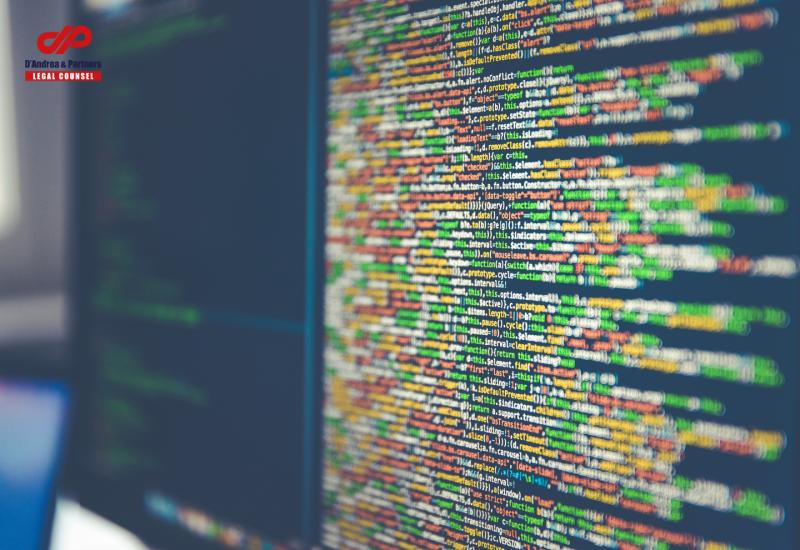As we’ve talked about the effectiveness of Company Resolutions in our last article, today we’d like to introduce the Shareholders’ right to know in the Judicial Interpretations (IV).
Shareholders’ right to know is a lawful right given by the Company Law, meaning that shareholders’ right to access certain documents or information of the Company. In accordance with Company Law, the shareholders are entitled to the following rights to know:
| No. |
Documents |
Access |
Note |
| 1 |
Articles of Association |
Check and Copy |
|
| 2 |
Meeting Minutes of Shareholders’ Meeting |
Check and Copy |
|
| 3 |
Company Resolutions |
Check and Copy |
|
| 4 |
Financial Reports |
Check and Copy |
|
| 5 |
Accounting Books |
Request to Check |
Written request stating purpose; without “improper purpose” |
| 6 |
Stock Transfer Books |
Check |
Stock Company |
| 7 |
Corporate Bond Receipts |
Check |
Stock Company |
The Judicial Interpretations (IV) mainly specified the shareholders’ right to know in 5 aspects.
- Limited Right to Sue
Judicial Interpretations (IV) emphasized that the shareholders who files a lawsuit to get access to the abovementioned documents, have to be the shareholder of the company when he/she files the case, unless the plaintiff is able to provide prima facie evidence proving that its legitimate rights and interests were damaged when he/she was a shareholder and thus seeks the check or copies of the company’s documents generated during the period when he/she held the shares.
- Definition of “Improper Purpose”
As stipulated in the Company Law, the Company may reject the shareholders’ request to check the accounting books when the company,for any justifiable reason, believes the shareholders have “improper purpose”. The Judicial Interpretations (IV) further explained what circumstances may be considered as improper purpose, which are: 1)where the shareholder is in substantial competition with the main business of the company, unless otherwise specified in the company’s AoA or agreed by all shareholders; 2) where the intention of the shareholder to check the company’s accounting books for the purpose of informing others who are likely to damage the legitimate rights and interests of the company; 3)where the shareholder has record of disclosing information which caused damages to the company ; or 4) other circumstances.
- Unalienable Right
Shareholder’s right to know is given by the Law, which cannot be deprived by AoA or Shareholders’ Agreement.
- Professional Assistance
The Judicial Interpretations (IV), for the first time, has given the professionals such as Accountant and Lawyers the right to assist the shareholders to exercise the right to know. Of course such professionals shall keep the information in confidence, otherwise shall be liable for the damages incurred to the company because of their disclosure.
5. Right of Indemnity
In the event that the Directors or senior Managers of the company fail to make or keep the documents which infringes the shareholders’ right to know and causes damages to the shareholders, the Directors or Senior Managers shall be liable for such damages.
For further information, contact us: info@dandreapartners.com






